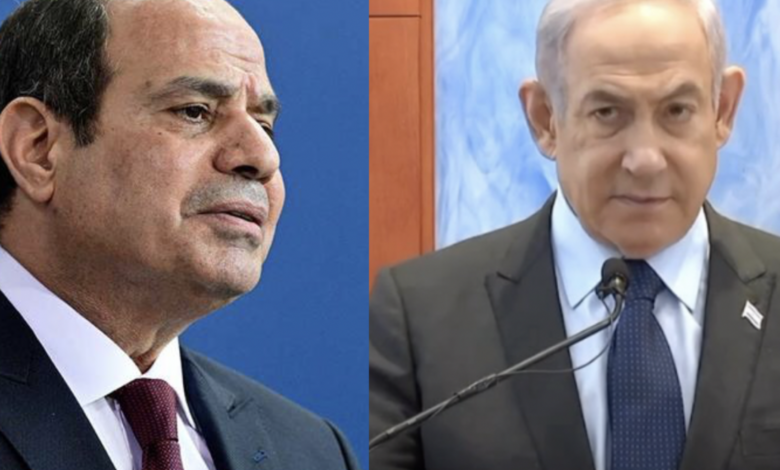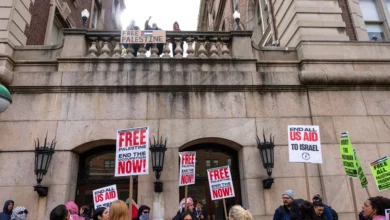
In the midst of the ongoing war in Gaza, events are escalating regionally and internationally, casting a dark shadow on expectations regarding exiting the war in the short term, or how to recover from its consequences in the long term – especially as the coronavirus crisis and the Ukrainian war still have negative repercussions on Egypt.
With continued US support for Israel, events are escalating internally there as evident in the Texas state’s dispute over the desire to stop the flow of illegal immigrants, and US President Joe Biden’s disagreements with the governor of the state – therefore it will result in shifting the US administration’s focus at the expense of unlimited support for Israel.
Hence, all eyes are turning on Cairo, the possibility of proposing solutions to stop the war in Gaza, and the extent to which Tel Aviv can accept Arab initiatives in light of the worsening humanitarian crisis in Gaza, coinciding with the decision of the International Court of Justice demanding that Israel take measures to prevent genocide – an indication in itself.
It reveals the isolation it faces, and Washington’s inability to protect it, especially since the US itself suffers from the threat of international isolation.
Washington often stands alone in the United Nations against the world on many decisions.
Therefore, it is necessary to take advantage of the current popular and diplomatic momentum globally to continue to pressure Israel to stop the suffering of the people of Gaza.
This is so significant at the moment given the US’s preoccupation with domestic affairs, particularly during the presidential election season, as well as the European Union’s preoccupation with the potential for a world war between Russia and NATO.
Therefore, there must be rapid Arab movement to communicate with the Israeli side and Hamas to stop the ceasefire, and to present urgent and implementable initiatives.
All parties are losing from the continuation of the conflict, and therefore concessions must be made in favor of the citizens.
The people of Gaza deserve the sacrifice so that Hamas can be guaranteed a presence in the governance of Gaza with Arab and European guarantees to prevent the outbreak of war again.
Betting on the time factor is crucial, especially since Hamas’s approval of a truce and the release of civilian prisoners would unleash the Israeli internal schism by holding Benjamin Netanyahu, the Prime Minister, accountable, and thus ensuring the dominance of Israeli internal disputes at the expense of competition for the future rule of the Gaza Strip, which allows for further steps.
Regional and international efforts must move forward with the two-state solution and disrupt the Arab-Israeli conflict.
The truth is that I pity President Sisi and the Egyptian state, in light of the expansion of the Palestinian-Israeli conflict to include the Red Sea and the Huthis’ attacks on commercial ships, as the Egyptian economy was exposed to a painful blow.
This comes amid expectations of a decline in the income of the Suez Canal, which is one of the most important sources of foreign currency, which increases the challenges on the shoulders of the Egyptian state and drains its energy.
Even international economic institutions are sympathetic to the Egyptian issue and the losses that have hit its economy, and the danger of Egypt’s depletion as a result of these regional and international challenges, which have appeared in warnings from the head of Fitch Ratings for Sovereigns in Europe, the Middle East and Africa, Jan Friedrich, about Egypt’s depletion from the war in Gaza, unlike Gulf countries, which can recover from what is happening or not be affected at all.
In conclusion, I echo what the dear friend, the former Jordanian Foreign Minister, Marwan Muasher, said in that the Palestinian resistance has proven its ability to stand firm, so I see that the continuation of diplomatic efforts to stop the war is not a derogation of Hamas’ capabilities, but rather to protect civilians from the brutality of the occupation army, leave the Israeli interior to blow up its government itself, and draw the outlines of the path to the two-state solution.




